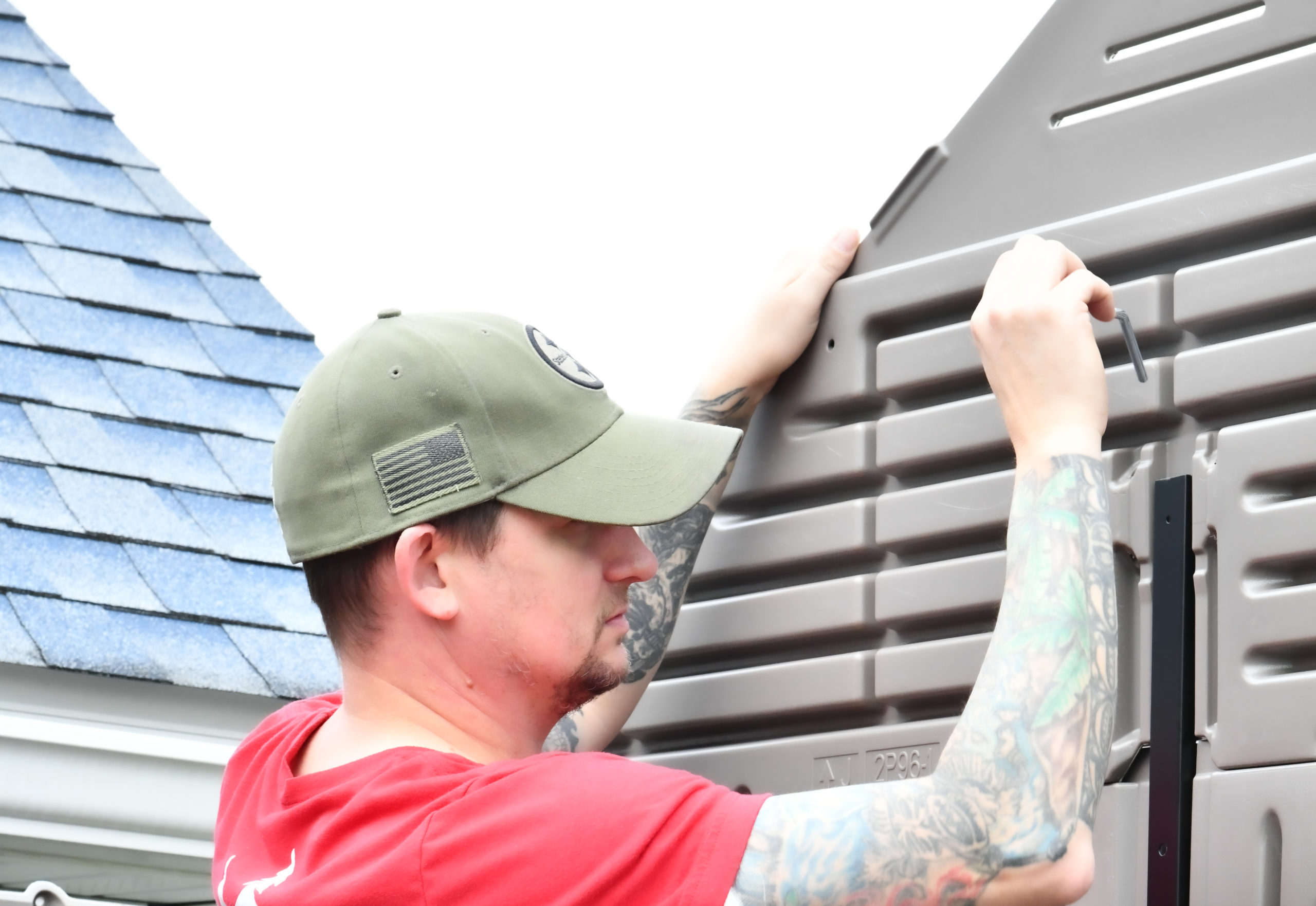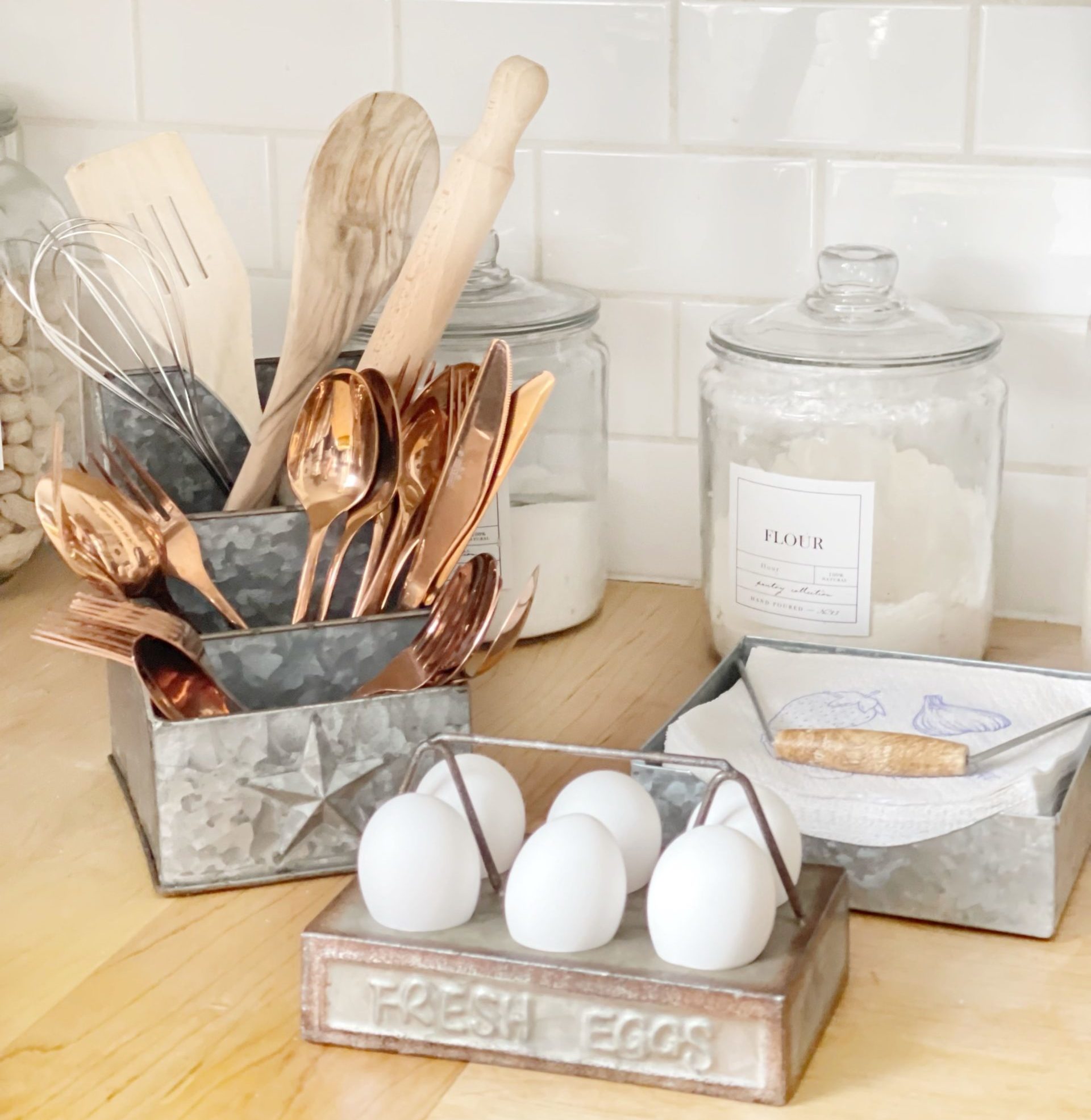
DIY Shed Building: Tips and Tricks for Successful Construction
Are you looking to build your own shed but don’t know where to start? We have you covered with our DIY Shed Building: Tips and Tricks for Successful Construction.
DIY shed building is a great way to save money and create a custom storage space that meets your specific needs. However, it can be an overwhelming task if you’re not familiar with the process. That’s why we’ve compiled some tips and tricks for successful construction.
In this article, we’ll cover the basics of shed building, such as choosing a design and materials, making sure you have the right tools for the job, creating a plan of action, and completing the construction.
What Are the Different Types of Sheds?
Before you start building, it’s important to decide what type of shed you want. Below are the most popular types of sheds and their features:
Gable Shed
A gable shed is the classic style of a shed, with two sloping sides and a triangular front wall. It provides plenty of storage space and can be customized with windows, doors, shelving, or other features.
A-Frame Shed
An A-frame shed is rectangular in shape and features a single-sloped roof. It’s an ideal option for those who want a spacious yet low-maintenance storage solution.
Lean-to Shed
A lean-to shed has one sloping side that attaches to the wall of an existing structure, such as your home or garage. This type of shed provides easy access and is perfect for storing smaller items.
Garden Shed
Garden sheds are great for stowing away gardening tools and supplies. They typically feature a single, hinged door and come in various sizes to suit all types of gardens.
Farm Shed
Farm sheds are larger, more durable structures that are designed to house farm equipment or livestock. They’re typically made from heavy-duty materials and feature large doors for easy access. You can purchase Fair Dinkum farm sheds in a range of sizes and styles to suit your needs.
What Materials Should I Use?
The type of material you choose will depend on the size and purpose of your shed. For smaller structures, such as garden sheds or lean-to sheds, basic materials like plywood, aluminum siding, or vinyl siding may be sufficient. In areas like flooring or weather-exposed surfaces, materials such as a heavy-duty aluminum plate for construction can provide extra reinforcement without adding excessive weight.
If you’re building a larger shed, such as a gable or A-frame shed, then it’s best to use heavier materials like lumber or steel.
What Tools Will I Need?
The tools you’ll need for your DIY shed building project will depend on the size and complexity of the structure. If you’re just constructing a small garden shed, then basic hand tools like a hammer, nails, saws, and screwdrivers should be enough.
If you’re building a larger structure or want to add special features like windows or doors, then power tools such as drills and circular saws may be necessary.
Creating Your Plan of Action
Once you’ve chosen your shed design, materials, and tools, it’s time to create a plan of action. Begin by gathering all the necessary supplies (including safety gear) and make sure that you have everything you need before you start construction.
Then, consider the size of your shed and decide how much space is needed for each component so that you can accurately measure, cut, and assemble the pieces. Finally, create a timeline and break down the construction process into smaller tasks so that it’s easier to keep track of your progress.
Completing the Construction
When you have everything ready, it’s time to start building! Begin by assembling the frame (if applicable) and then move on to constructing the walls and roof. Make sure to use galvanized screws/nails to secure the pieces, and double-check your measurements before attaching them.
Once you’ve completed the construction, you can add finishing touches such as painting or staining, trimming, and installing door handles or locks. When you’re finished, take a step back and admire your handiwork – you’ve just created a beautiful new storage space for your home!
With a little planning and effort, you can build a shed that will last for a long time.
What Are Some Important Considerations When Building a Shed?
When building a shed, there are a few important considerations to keep in mind.
First, make sure that you check with local authorities regarding any permits or regulations that may apply.
Also, consider your budget and be sure to factor in the cost of materials and labor when calculating how much the project will cost.
Finally, always wear the appropriate safety gear – such as goggles and gloves – when working with power tools.
By taking these precautions, you can ensure a safe and successful project.
Final Thoughts
Building a shed is a great way to add extra storage space to your home. With the right materials, tools, and plan of action, you can create a beautiful structure that will last for years to come. Just remember to check local regulations ahead of time and stay safe when using power tools.
If you loved this article on DIY Shed Building: Tips and Tricks for Successful Construction be sure to check out our Affordable Shiplap DIY.
I would love for you to follow us on Instagram, Pinterest, TikTok, and Facebook! You can also join our email list so you don’t miss any fun blog posts or designing spaces.

